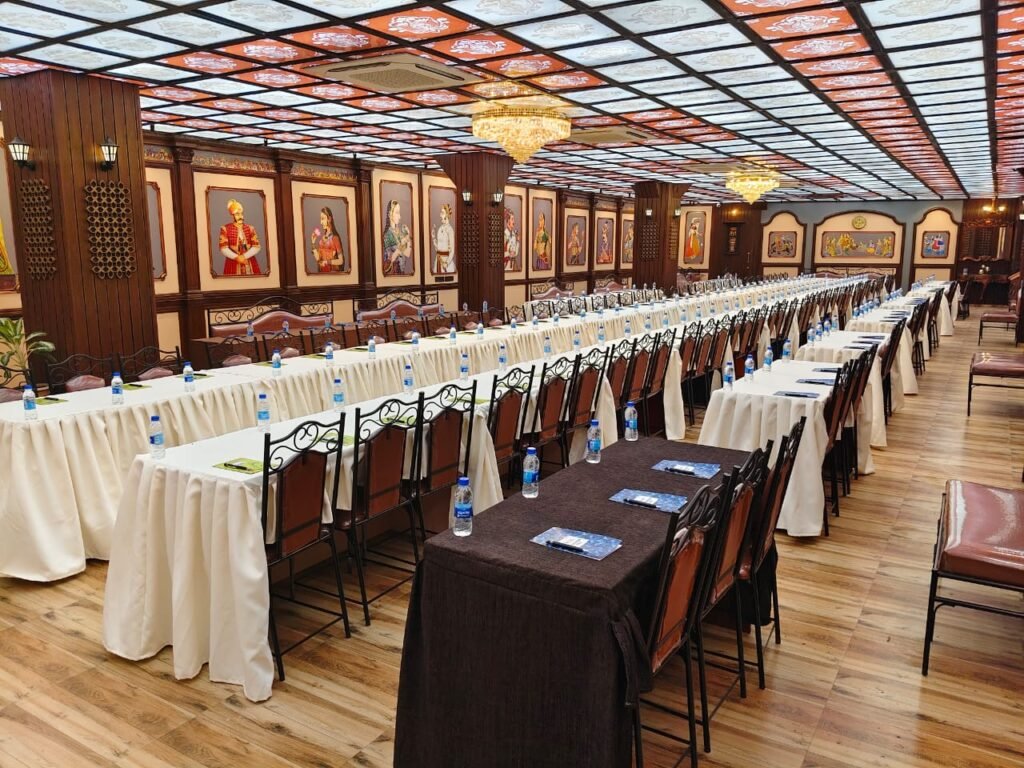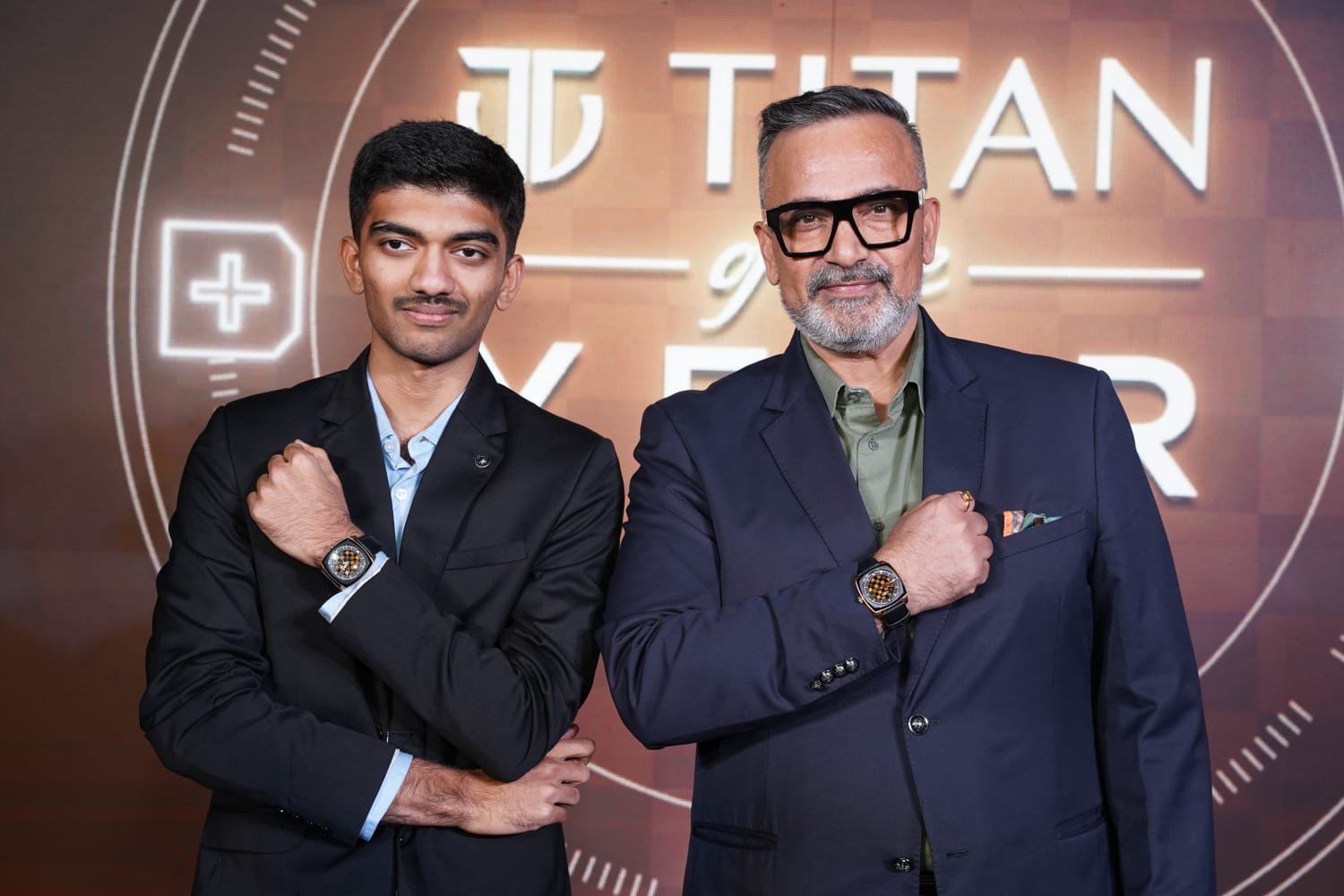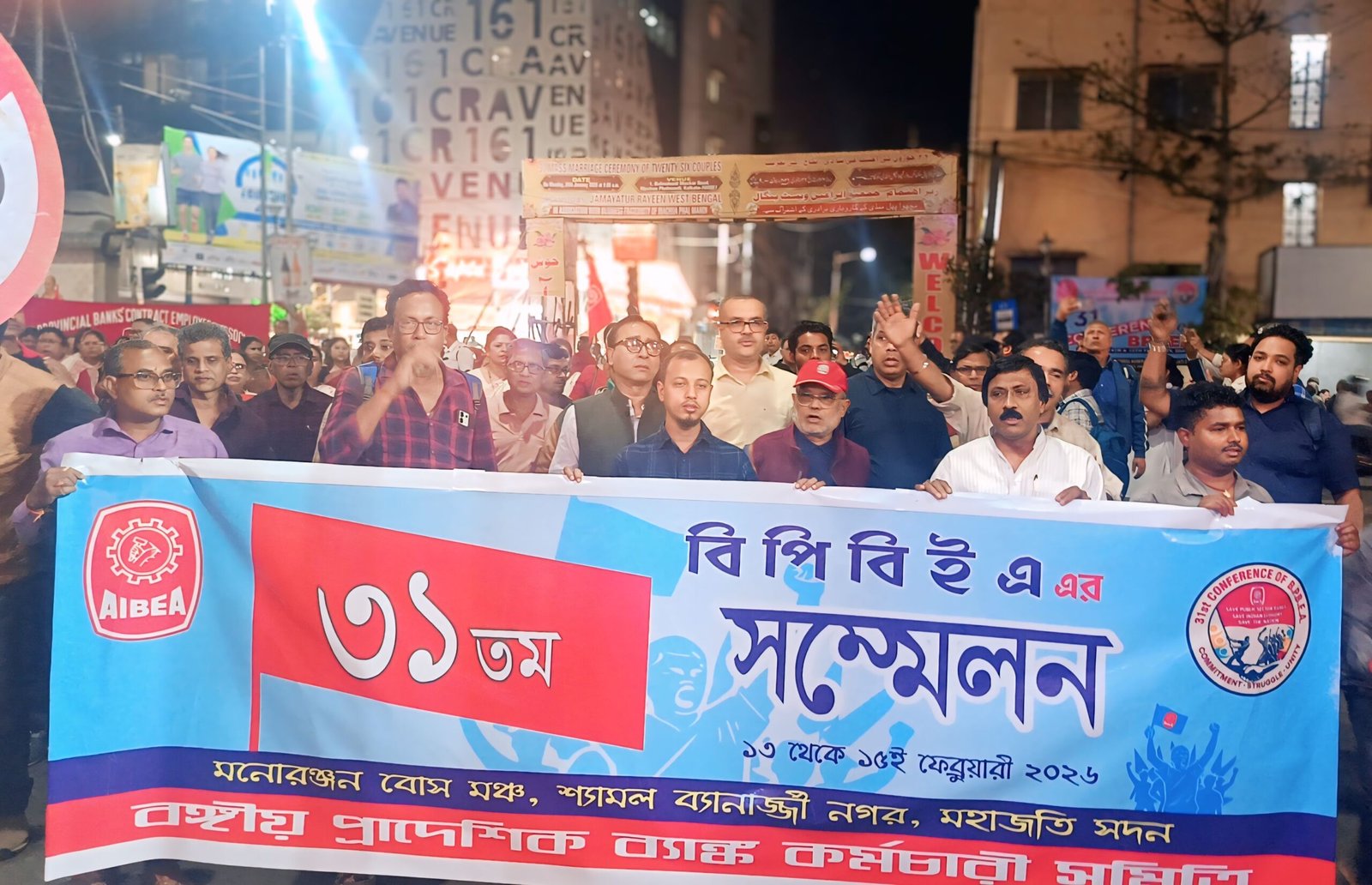Kolkata, 10 th June 2025: iLEAD is proud to announce the completion of its new banquet-cum-conference hall, crafted from an impressive 90% recycled materials. This innovative project showcases the potential for sustainable design and construction, reducing waste and promoting environmental responsibility.
The hall’s unique features include:
Glasses from discarded mini fridges repurposed as decorative elements
Panels from dismantled Taj chambers transformed into elegant wall panels
Tables crafted from discarded wooden planks
Chairs and sofas refurbished with new leather covers

This project demonstrates that creativity and sustainability can go hand-in-hand, reducing costs and environmental impact while generating employment opportunities. The use of recycled materials has significantly lowered the raw material cost, making this project an exemplary model for others to follow.
“We’re thrilled to showcase this innovative project, which not only reduces waste but also promotes
sustainability and environmental responsibility,” said Pradip Chopra, Co-Founder of PS Group and Chairman of iLEAD. “We hope this will inspire others to follow suit and start a movement towards a more sustainable future.”
The stunning design and look-and-feel of this conference hall will surely inspire many to adopt sustainable practices and reduce their environmental footprint. iLEAD invites industry leaders, architects, designers, and sustainability enthusiasts to visit and experience this unique space. About Pradip Chopra:
Pradip Chopra, Co-Founder of PS Group and Chairman of iLEAD, is a pioneer in sustainable design and innovation. He’s known for using “trash” materials in creative ways, believing that everything has value. At his 2-lakh sq. ft. campus, over 70% of the materials used were sourced from discarded items,
showcasing his unique approach to upcycling and reverse engineering.

Chopra’s design philosophy involves procuring materials first and then designing around them, rather than the traditional approach of designing and then sourcing materials. This approach has resulted in elegant and innovative spaces that showcase the potential of discarded materials.
When approached to use this concept, many architects initially express concerns that it will be more expensive, time-consuming, and aesthetically challenging. However, Chopra has proven these assumptions wrong. His projects demonstrate that:
Cost-effectiveness: While labor costs may be higher, the lower cost of materials more than compensates for it, resulting in no overall increase in cost.
Time-efficiency: With materials readily available, there’s no waiting time for deliveries, allowing for faster project completion.
Aesthetic appeal: The finished projects look gorgeous, expensive, and highly user-friendly, shattering the myth that using discarded materials compromises aesthetics.
By proving the concept’s viability, Chopra aims to inspire a mass appeal for sustainable design and encourage others to explore the possibilities of upcycling and creative reuse of materials. His work serves as a testament to the potential for innovative and environmentally conscious design.



